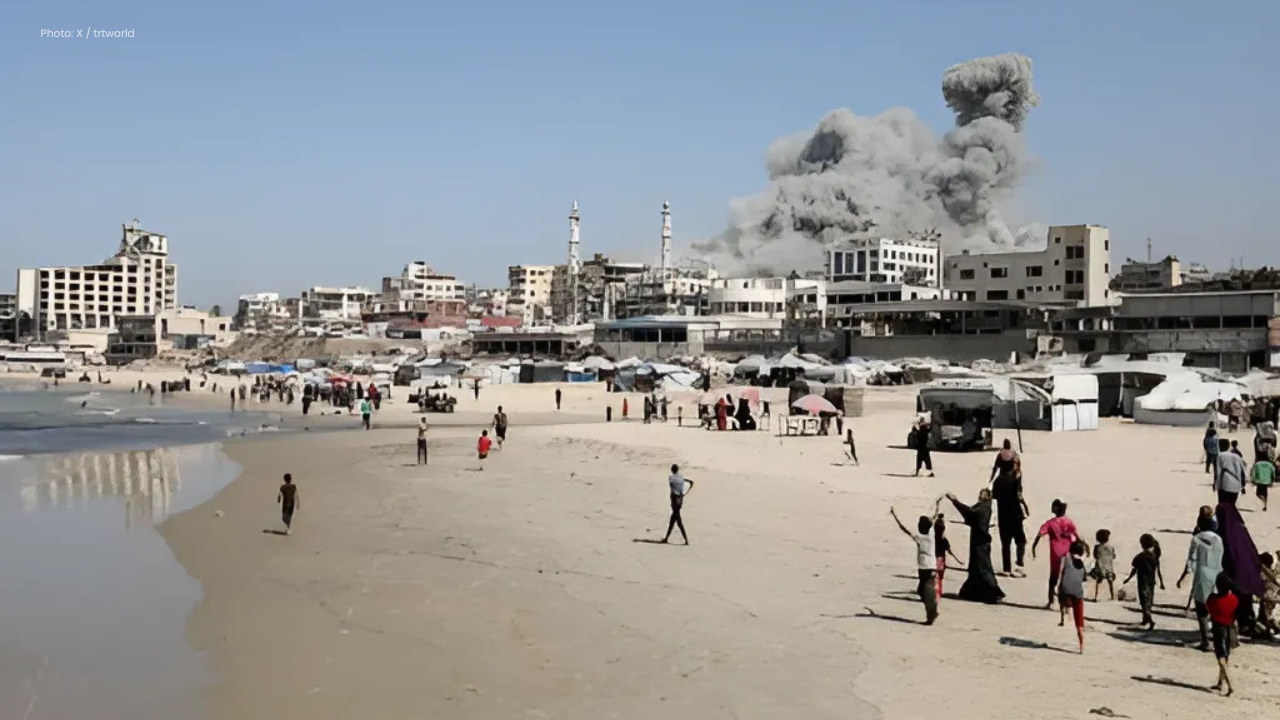
Post by : Naveen Mittal
Displaced Palestinians in Gaza are raising the alarm about life inside the Israeli-declared “humanitarian zone” in Al-Mawasi, southern Gaza. While the area was meant to provide shelter and safety, conditions on the ground tell a very different story.
Many families who fled Gaza City after weeks of fighting say they are now trapped in overcrowded camps, struggling with hunger, disease, and fear of more attacks.
“We are living in such harsh conditions that even an animal couldn’t survive them,” says Sylvia al-Shurafi, a mother who fled with her children. She believed moving south would provide clean water and tents, but instead her family now sleeps on the street with little to eat.
Despite promises of protection, even Al-Mawasi has not been safe. Reports say two children were killed when Israeli strikes hit tents inside the zone. Their bodies were later taken to a nearby hospital, sparking fresh concerns about whether any place in Gaza can truly be secure.
Israel has ordered hundreds of thousands of people to leave Gaza City and move south, saying Al-Mawasi will provide better conditions. But the reality is far more complicated. Families face exhausting journeys, often walking for hours or paying high fees for transport, only to find there is little food, no proper shelter, and no clear place to stay.
Aid workers describe heartbreaking scenes. Olga Cherevko, spokesperson for the UN humanitarian office, said: “The area is full. People coming from the north are sitting on the sides of the streets not knowing where to go. Families arrive with almost nothing, and tents are heavy and costly to move.”
One family from Jabalia carried just two bags. They slept on a straw mat in the open air, with no shoes or money left.
A father, Mohammed Ismail, described the suffocating crowding: “The tents are so close you can hear every word your neighbor says. There are no sewage systems, no sanitation, and water is hard to find. This is real suffering.”
According to the UN, over two million Palestinians are now packed into just 13% of Gaza’s land. Al-Mawasi, once an empty coastal stretch, has grown into a massive encampment since Israel began its latest operation in August.
Community kitchens, water points, and small clinics exist, but they are overwhelmed by the sheer number of people. Some families survive on a single daily meal of rice or lentils, with parents often skipping food so children can eat. Safe drinking water remains scarce, forcing people to walk long distances.
Diseases are spreading quickly, especially among children. “Families are fleeing one hellscape only to end up in another,” said UNICEF worker Tessa Ingram.
Aid groups say Israeli restrictions make it harder to bring supplies into Gaza. Items like peanut butter are classified as “luxuries” and not allowed, leaving large amounts of aid stuck outside the territory.
Israel says it has recently expanded water and electricity for desalination plants and allowed in 20,000 tents, with more on the way. Officials claim around 300 aid trucks enter southern Gaza daily, most carrying food. Still, humanitarian groups argue it is not enough.
Efforts are under way to reopen damaged hospitals and set up more field medical centers, but the needs of the population continue to grow faster than the available resources.
For families like Sylvia al-Shurafi’s, daily life is a struggle for survival. Washing the same set of clothes for her son, she recalls leaving everything behind after their home was bombed.
Her youngest child has developed a stutter from constant fear of explosions. “Food used to be the last thing we thought about, now it’s the only thing that matters,” she says. “Life is very hard, beyond description. We are living only by the spirit of God.”
Gaza humanitarian crisis, Israel Gaza conflict, displaced Palestinians, humanitarian aid, al-Mawasi camp, United Nations, civilian suffering, Middle East conflict, Gaza children, humanitarian zone
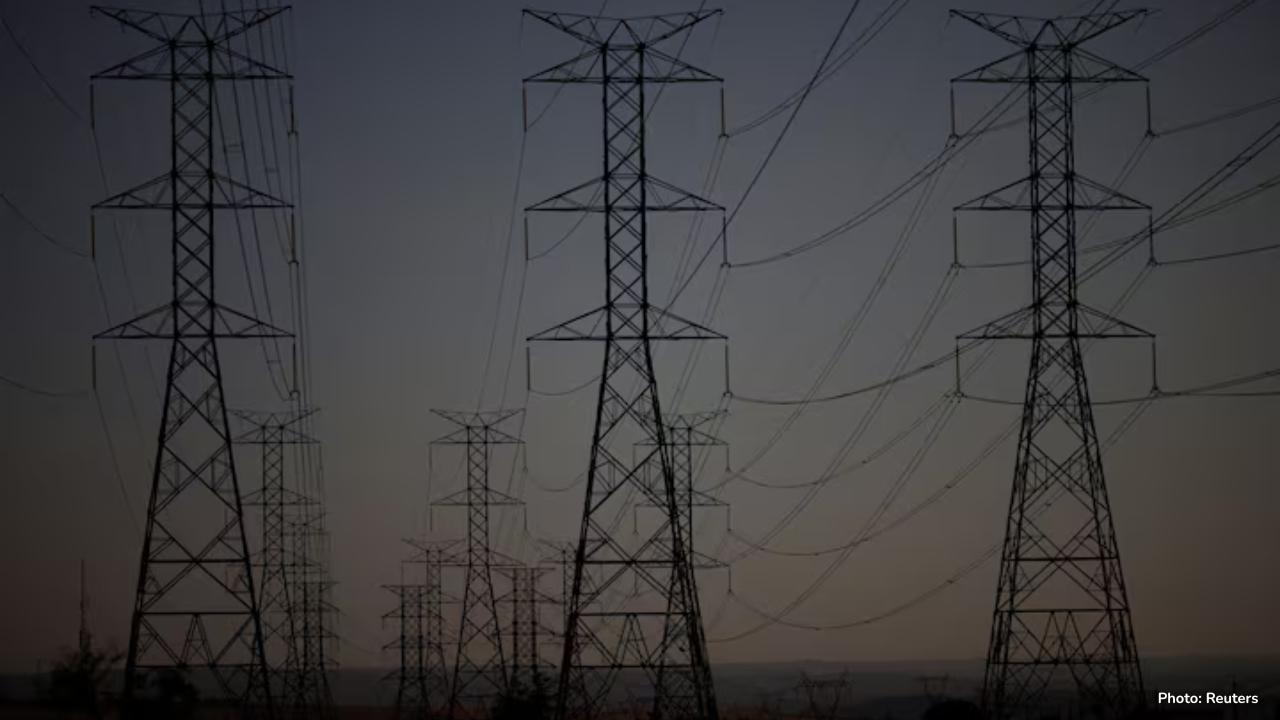

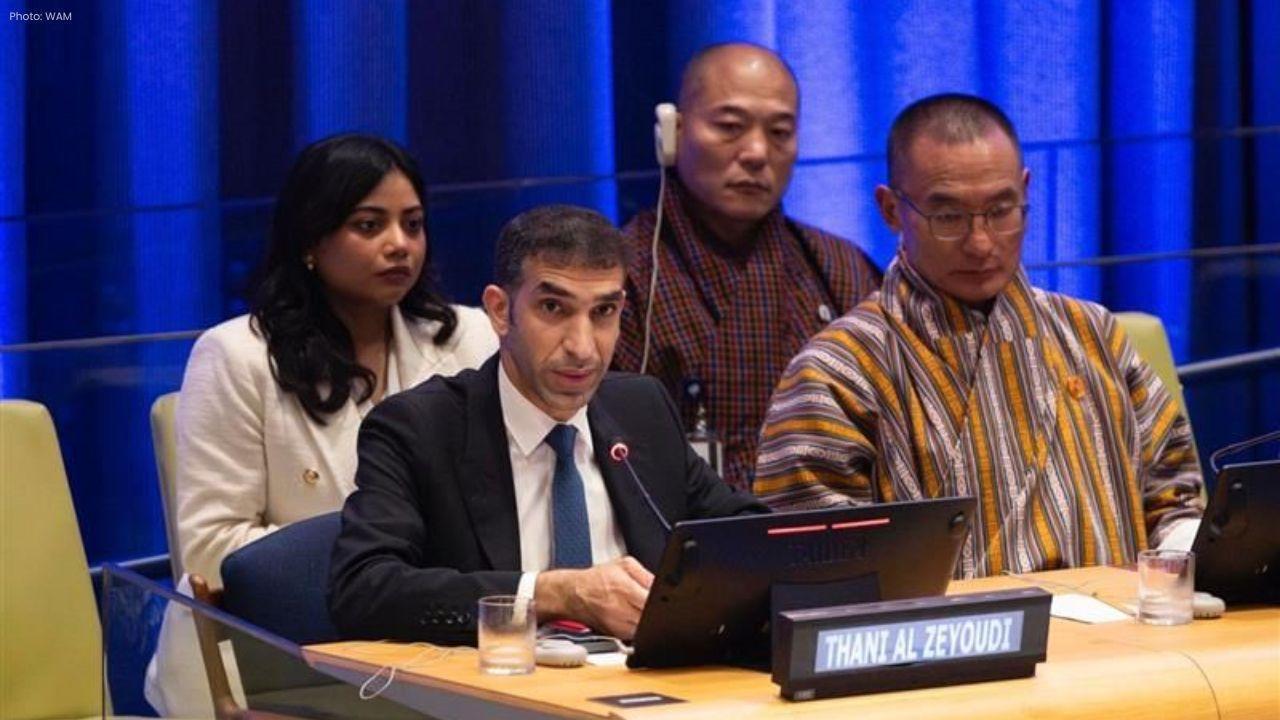


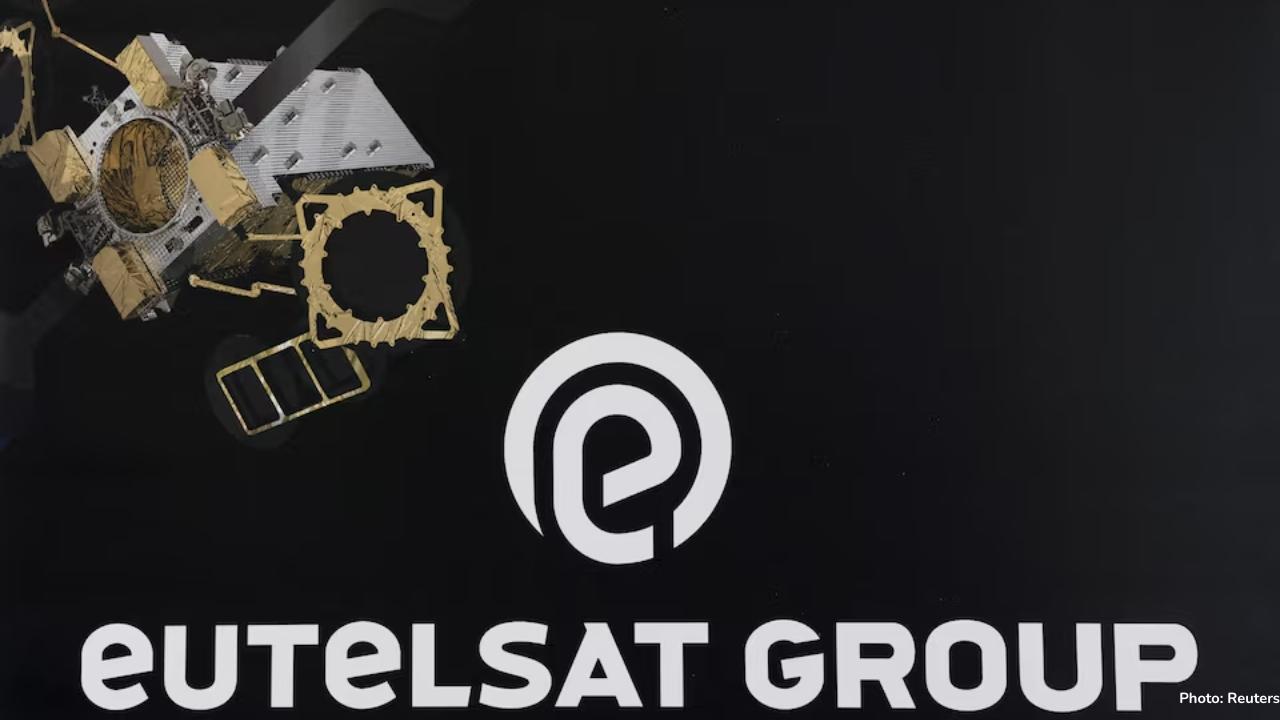

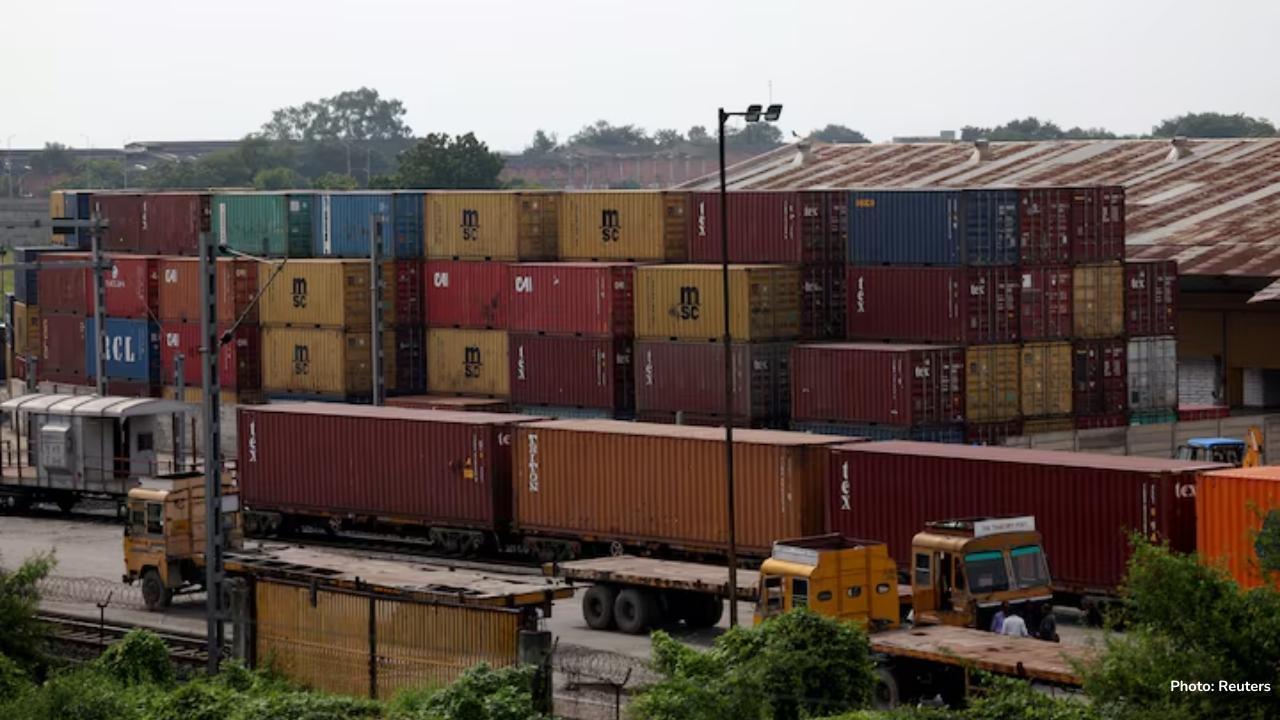
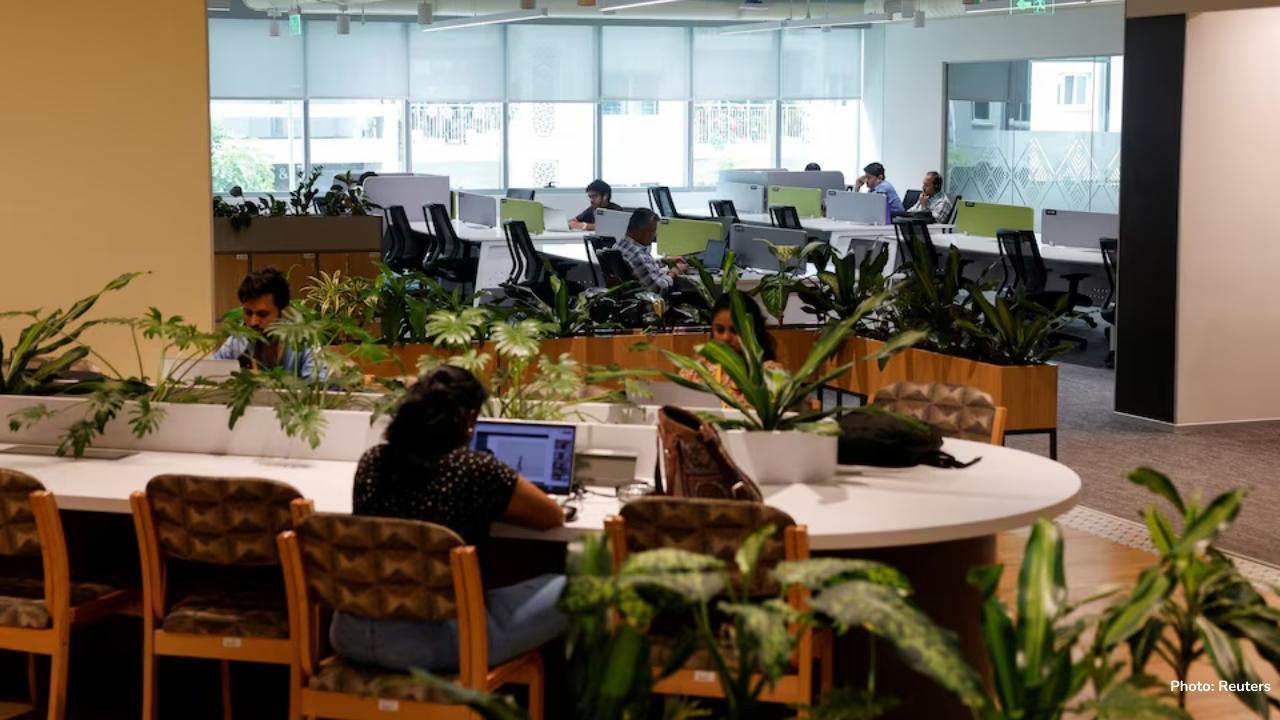

Brazil's Surplus Clean Energy Attracts Crypto Miners
Brazil's excess renewable energy is luring cryptocurrency miners. Companies like Tether and Renova E

Visa Tests Stablecoins to Make Global Payments Faster
Visa is testing stablecoins for international payments, aiming to speed up transactions and reduce t

Opera Unveils Neon AI Browser for Smarter Web Browsing
Opera introduces Neon, an AI-powered browser that automates tasks and enhances privacy, aiming to re

Albanese Visits Sheikh Zayed Grand Mosque in Abu Dhabi
Australian PM Albanese tours Sheikh Zayed Grand Mosque, highlighting peace, tolerance, and cultural

Eutelsat Seeks More EU Investment to Compete with Starlink
Eutelsat aims to close funding gap to challenge Starlink's dominance in satellite internet, with Fra

India Receives Above-Average Monsoon Rains for Second Year
India experiences above-average monsoon rainfall for the second consecutive year, boosting agricultu